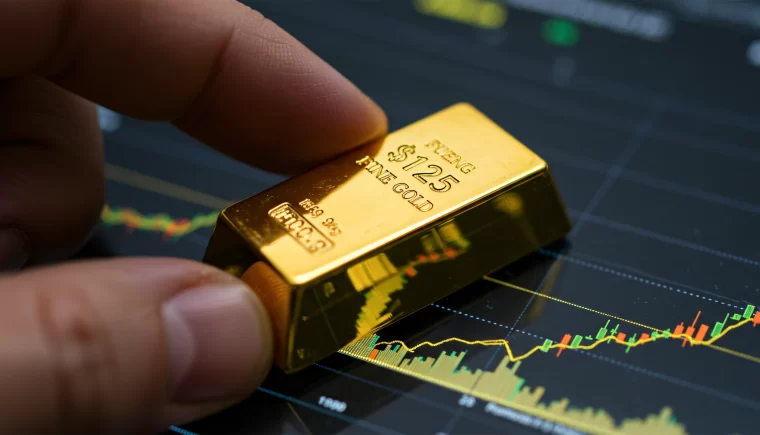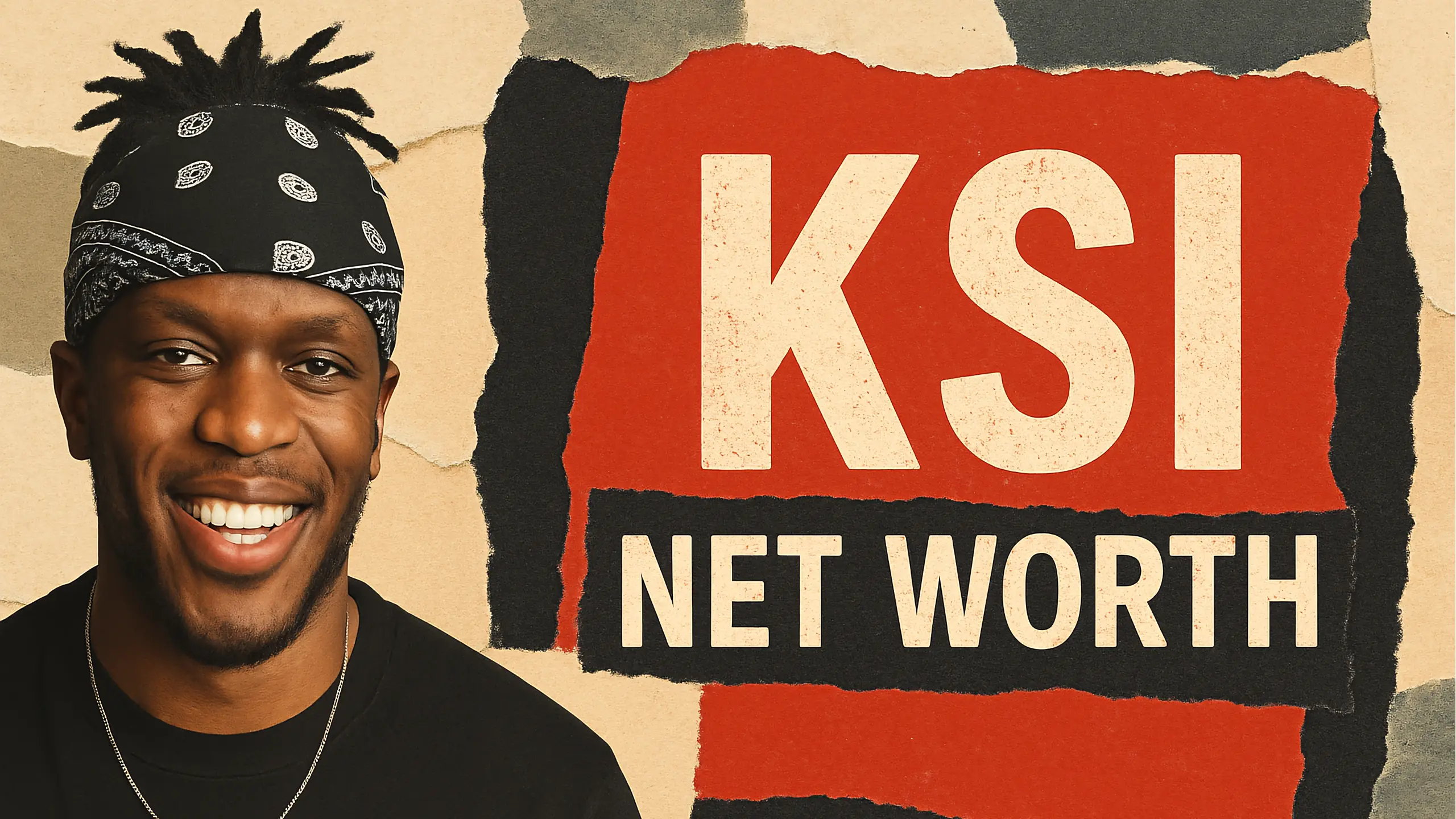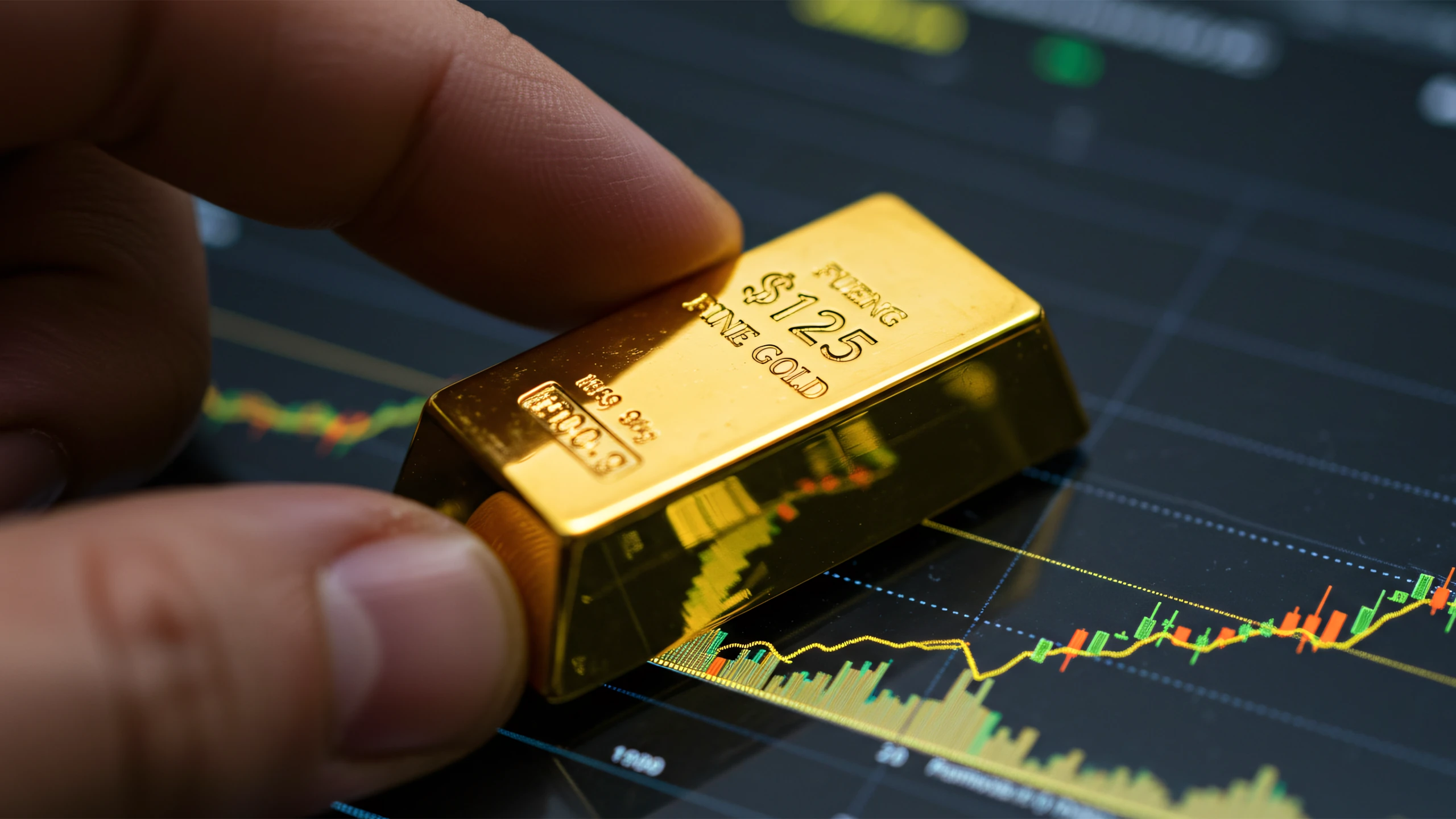How is blockchain transforming commodities trading? Blockchain enhances transparency, efficiency, and trust in commodity markets by providing immutable records and smart contracts. It reduces fraud, eliminates intermediaries, and speeds up transactions, revolutionizing sectors like agriculture, metals, and energy.
How Blockchain is Transforming the Commodities Marketplace
The commodities market faces persistent challenges that blockchain directly addresses:
- Transparency issues: Blockchain creates an unchangeable digital record that all authorized participants can access in real-time
- Documentation burden: Digital records replace paperwork-heavy processes, reducing errors and processing time
- Trust concerns: A single source of truth eliminates the need for multiple intermediaries
Physical commodities, like gold, oil, or crops, travel through complicated supply chains across different countries. At every step, there’s a chance for things to go wrong—whether that’s a delay, a mix-up, or even fraud. Blockchain can help eliminate these problems.
The International Chamber of Commerce believes that by digitizing trade documents, global trade could increase by $7 trillion by 2027. Blockchain is at the heart of this change, making it all possible.
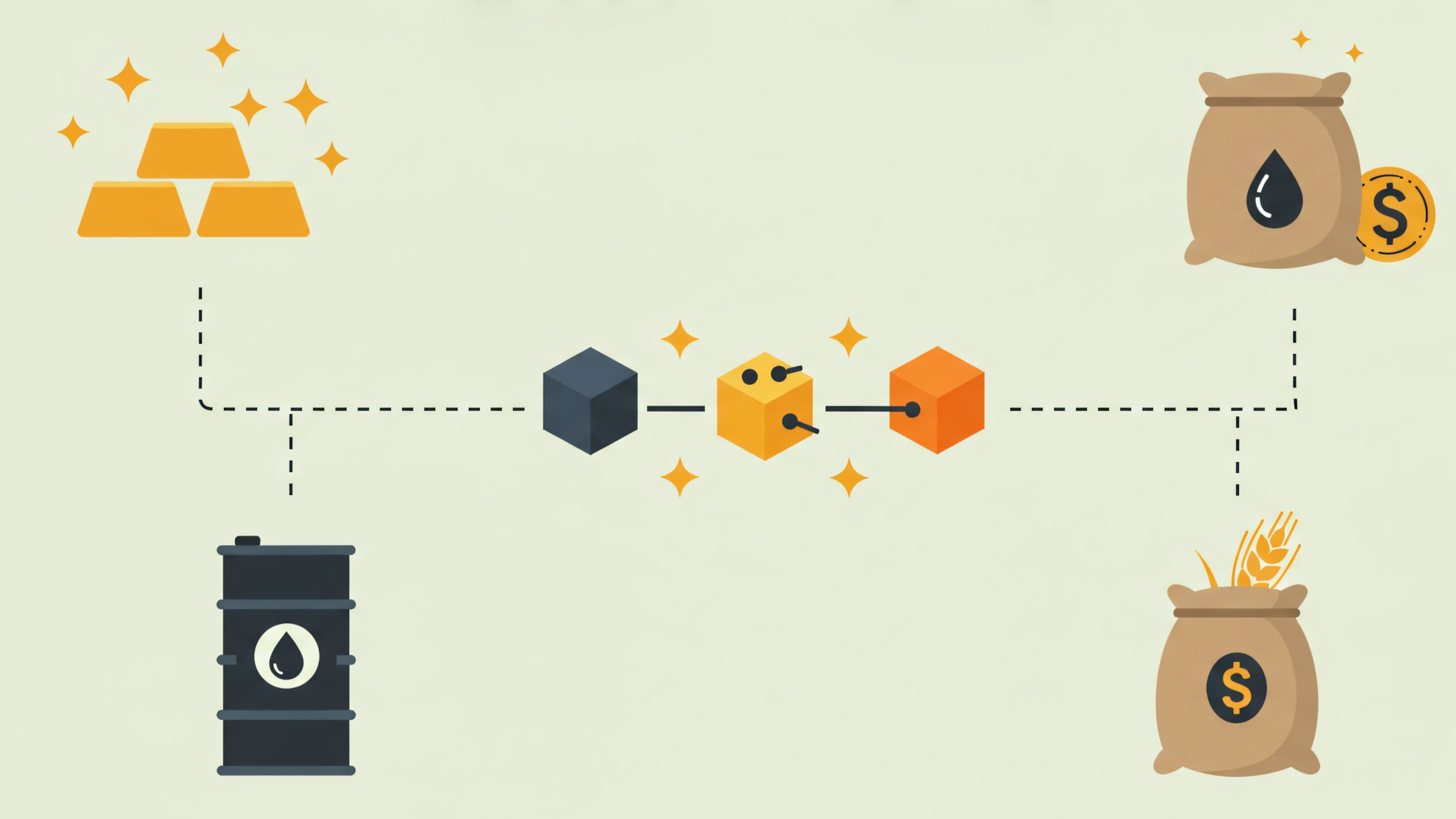
Tracking Agricultural Commodities: Farm to Table
Agricultural commodities represent one of the most promising areas for blockchain implementation. The technology creates unbroken data chains that follow products from origin to consumer.
Benefits of blockchain in agriculture:
- Creates immutable records of origin and handling
- Enables digital verification of organic or sustainability certifications
- Provides consumers with verifiable product information
- Reduces food fraud and improves safety recalls
- Ensures fair compensation for farmers
A Food Marketing Institute study found that 75% of consumers would switch to brands that provide more in-depth product information beyond physical labels.
How Blockchain Is Transforming the Agricultural Supply Chain
Blockchain in Coffee and Cocoa Supply Chains
Coffee and cocoa supply chains particularly benefit from blockchain through:
- Direct recording of harvests by farmers
- Fair payment through automated smart contracts
- Consumer verification of ethical sourcing claims
- Reduced intermediary costs and inefficiencies
Companies like Starbucks have implemented blockchain to allow customers to trace their coffee beans back to specific farms, creating value throughout the supply chain.
Blockchain Solutions for Fraud in Precious Metals Trading
The precious metals market has historically been vulnerable to fraud, with cases of adulterated gold bars or certificates issued for non-existent reserves. Blockchain addresses these issues by creating immutable authenticity records.
How blockchain verifies precious metals:
| Authentication Step | Traditional Method | Blockchain Method |
|---|---|---|
| Initial Verification | Physical inspection | Digital identity creation |
| Ownership Transfer | Paper certificates | Immutable blockchain record |
| Storage Confirmation | Trust-based claims | Verified digital audit |
| Purity Validation | Repeated testing | Permanent digital certificate |
The Royal Mint in the UK has implemented blockchain to track gold ownership in its vaults, allowing investors to trade without physical transfer—reducing costs and eliminating counterfeiting risks. Source: Central Banking
Blockchain for Diamond Industry Authentication
The diamond industry uses blockchain to combat fraud and ensure ethical sourcing through:
- Creating unique digital identities for each stone
- Recording characteristics, origin, and ownership transfers
- Preventing sale of conflict diamonds
- Providing consumers with verification of ethical sourcing
- Supporting compliance with regulatory frameworks like the Kimberley Process
Blockchain in Energy Commodities Trading
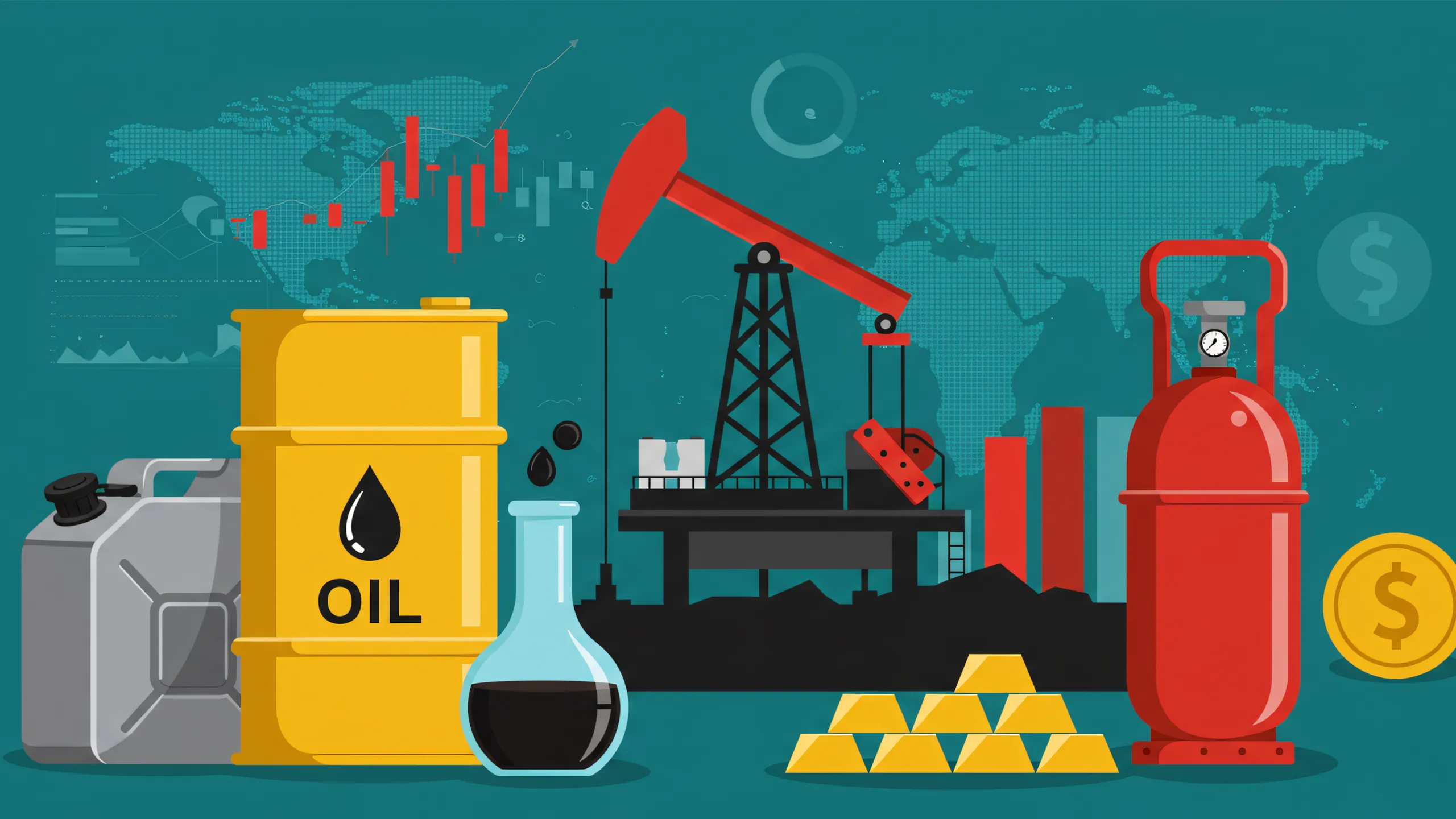
The energy sector has found significant value in blockchain implementations that streamline complex trading relationships and settlement processes.
Key improvements include:
- Peer-to-peer trading without intermediaries
- Automated settlement through smart contracts
- Reduced reconciliation and processing time
- Lower transaction costs and improved cash flow
- Enhanced transparency for all participants
Major oil companies including BP and Shell have joined blockchain consortiums like VAKT to streamline post-trade processes for crude oil transactions.
Renewable Energy Certificate Trading
Renewable energy certificates (RECs) benefit from blockchain through:
- Immutable records of certificate creation and ownership
- Elimination of double-counting risks
- Direct issuance when energy is generated
- Transparent verification without centralized registries
- Simplified compliance with sustainability requirements
Streamlined Trade Finance for Commodity Transactions
Trade finance has been particularly resistant to digitization, typically involving multiple documents, banking institutions, and regulatory compliance checks.
Blockchain improvements to trade finance:
- Digital documentation replacing paper
- Instant verification between authorized parties
- Reduced processing time (up to 40% according to HSBC)
- Lower administrative costs
- Enhanced regulatory compliance
- Decreased fraud risk
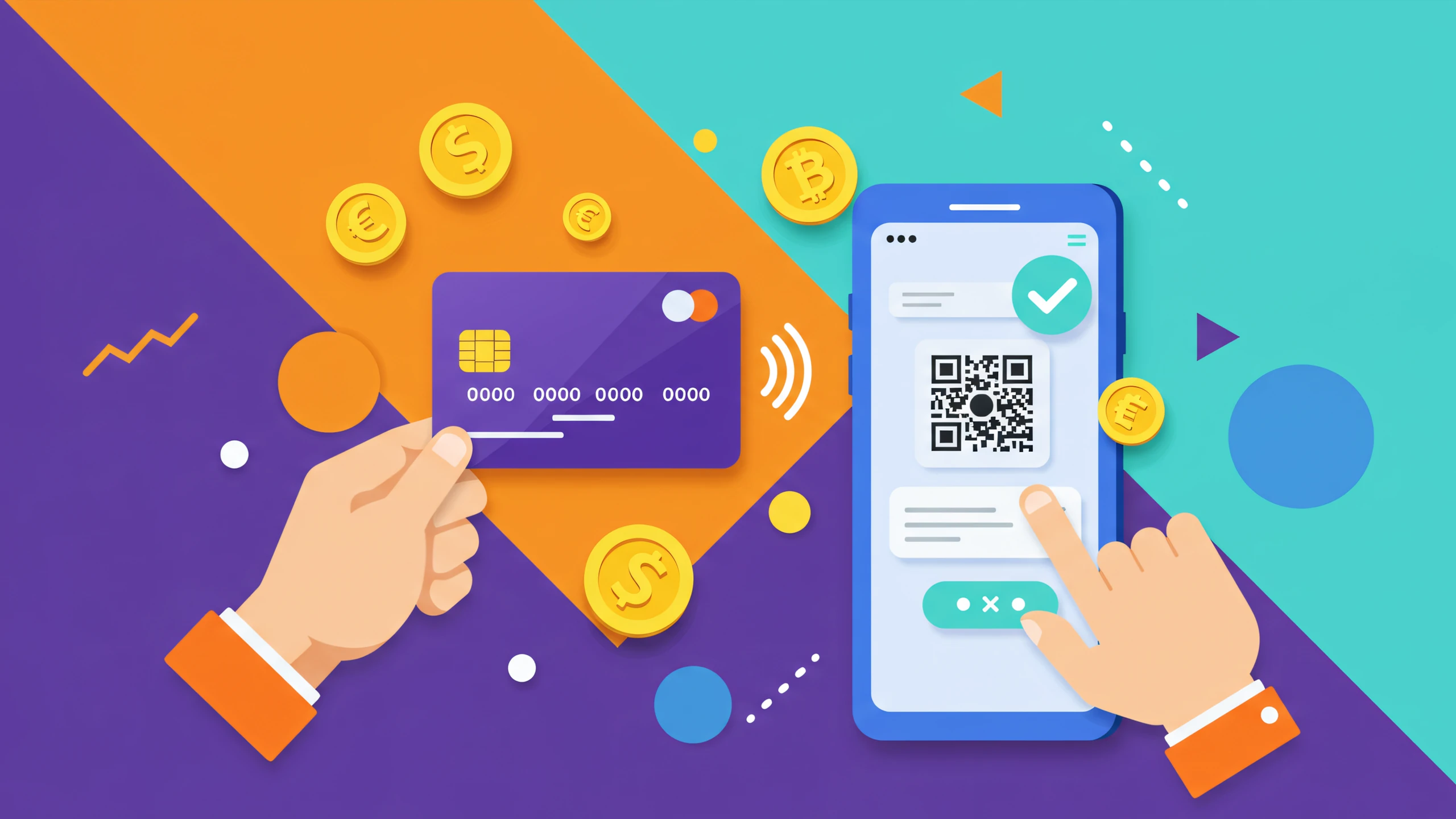
Smart Contracts for Automated Payments
Smart contracts represent a particularly valuable application in commodity trading:
- Self-executing when predefined conditions are met
- No trusted intermediaries required
- Automatic payment release when deliveries are verified
- Reduced counterparty risk
- Integration with IoT sensors for real-world verification
For example, when IoT sensors confirm a wheat shipment’s arrival with the agreed-upon quality specifications, payment releases automatically to the seller.
Enhanced Commodity Storage and Warehouse Management
Blockchain provides secure digital systems for tracking commodity inventories and transfers within storage facilities:
- Real-time inventory visibility
- Immutable audit trails of movements
- Prevention of unauthorized transfers
- Verification of warehouse receipts
- Integration with transportation systems
Digital warehouse receipt benefits:
| Feature | Traditional System | Blockchain System |
|---|---|---|
| Verification | Manual inspection | Instant digital verification |
| Transfer Time | Days | Minutes |
| Fraud Risk | High | Very Low |
| Cost | High administrative overhead | Minimal processing costs |
| Financing Options | Limited | Expanded |
Cold Chain Monitoring for Perishable Commodities
For perishable commodities, blockchain combined with IoT temperature sensors creates:
- Immutable records of storage conditions
- Real-time alerts for temperature deviations
- Automated insurance claims for compromised shipments
- Verification of handling throughout the supply chain
- Quality assurance for end consumers
Regulatory Compliance and Reporting Automation
Commodity trading faces increasingly complex regulatory requirements that blockchain helps address:
- Built-in compliance checks during transaction validation
- Immutable audit trails for verification
- Automated regulatory reporting
- Reduced administrative burden
- Improved market oversight
- Prevention of accidental violations
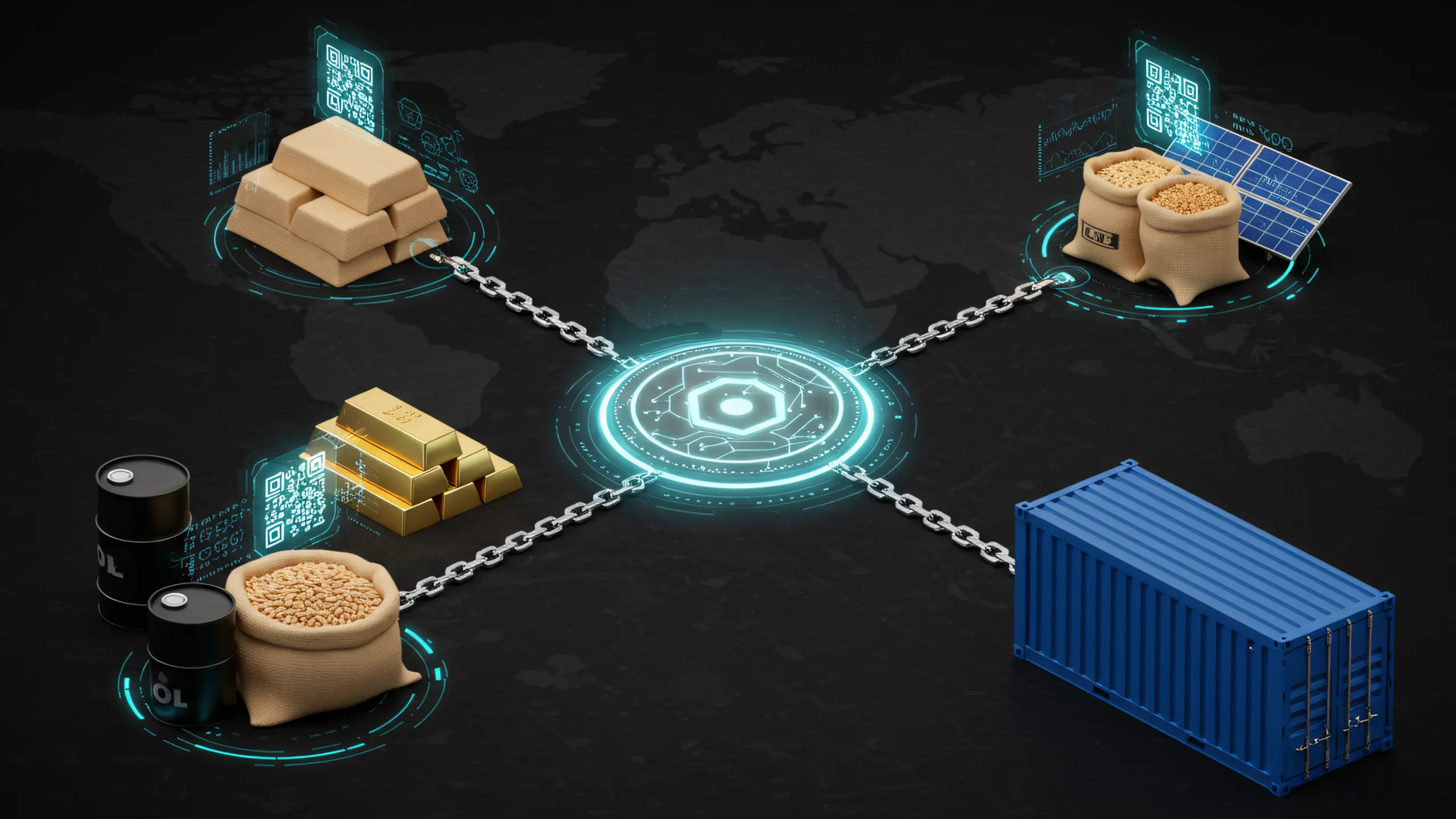
ESG Compliance in Commodity Production
Environmental, Social, and Governance (ESG) considerations have become increasingly important for commodity producers and traders. Blockchain provides:
- Verifiable tracking of environmental impact data
- Transparent labor and community impact records
- Immutable governance practice documentation
- Third-party verification of sustainability claims
- Automated reporting to regulators and investors
Decentralized Commodity Exchanges and Trading Platforms
Blockchain enables decentralized exchange platforms where buyers and sellers trade directly with reduced counterparty risk:
- Automated order matching through smart contracts
- Reduced transaction costs compared to traditional exchanges
- Faster settlement times
- Lower infrastructure requirements
- Increased market access for smaller participants
Tokenization of Physical Commodities
Tokenization creates new possibilities for commodity trading through:
- Digital representation of physical assets
- Fractional ownership opportunities
- Simplified trading without physical delivery
- Reduced storage and transfer costs
- Increased market liquidity
Gold tokenization platforms like Paxos’ PAX Gold demonstrate how physical commodities can be combined with digital flexibility.
Cross-Border Payments and Settlement for Commodities
International commodity transactions typically involve currency conversions and cross-border payments that blockchain significantly improves:
Blockchain payment benefits:
- Settlement in minutes rather than days
- Transparent transaction status
- Reduced counterparty risk
- Lower transaction costs
- Improved cash flow for traders
The World Economic Forum estimates blockchain could reduce trade finance operating costs by 50-80% and increase global trade volumes by $1.1 trillion by 2026.
Currency Risk Management Through Stablecoins
Blockchain-based stablecoins provide solutions to currency risks in commodity trading:
- Elimination of traditional currency conversion requirements
- Reduced exposure to exchange rate fluctuations
- Faster settlement without banking delays
- Lower transaction fees
- Particularly valuable for emerging markets with volatile currencies
Supply Chain Insurance and Risk Management
Blockchain enables more efficient risk management and insurance processes by providing verifiable data:
- Trusted information for underwriting decisions
- Streamlined claims processing
- Reduced potential for fraudulent claims
- Better risk assessment through comprehensive data
- Lower insurance costs through operational efficiency
Automated Claims Processing Through Smart Contracts
Smart contracts can automatically manage insurance processes:
- Detect claim-triggering events through IoT sensors
- Initiate claims based on predefined conditions
- Verify against blockchain’s immutable record
- Release payment to affected parties
- Maintain comprehensive audit trail
- Reduce administrative costs significantly
Data Marketplaces for Commodity Market Intelligence
Blockchain enables secure data marketplaces where valuable commodity information can be shared and monetized:
Types of shareable data:
- Production statistics
- Transportation information
- Storage conditions
- Processing capacity
- Market demand signals
- Weather impacts
These data marketplaces provide market intelligence that was previously siloed within individual organizations, leading to more efficient markets.
Weather and Production Data Sharing
Agricultural commodity production benefits from secure data sharing through:
- Anonymous production data aggregation
- Weather impact analysis
- Market supply forecasting
- Collaborative planting optimization
- Privacy-preserving information exchange
Blockchain Applications in Commodity Market Futures
Emerging trends poised to further transform the industry include:
- Deeper IoT integration for real-time monitoring
- Enhanced privacy features through zero-knowledge proofs
- Interoperability between different blockchain networks
- AI integration for predictive analytics
- Regulatory frameworks specifically for blockchain trading
Central Bank Digital Currencies in Commodity Trading
Central Bank Digital Currencies (CBDCs) represent another important development combining:
- The efficiency of blockchain settlement
- The stability of traditional currencies
- Regulatory compliance by design
- International settlement capabilities
- Potential integration with tokenized commodities
Frequently Asked Questions About Blockchain in Commodities
What is a commodity in the context of blockchain technology?
A commodity is a basic good or raw material used in commerce that is interchangeable with other goods of the same type. In blockchain applications, commodities refer to physical goods such as agricultural products, energy resources, metals, and other raw materials that can be tracked, traded, or tokenized using distributed ledger technology.
What are the top traded commodities that benefit from blockchain?
The top commodities that have seen significant blockchain adoption include:
- Gold and precious metals
- Crude oil and natural gas
- Coffee and cocoa
- Wheat and other grains
- Cotton and agricultural products
These commodities benefit from blockchain’s ability to provide transparent supply chain tracking, efficient trading mechanisms, and verifiable certificates of authenticity.
How does blockchain verify the authenticity of physical commodities?
Blockchain verifies commodity authenticity by creating an immutable digital record that follows the physical product from its source, typically involving:
- Assigning a unique digital identity to the physical commodity
- Using QR codes, RFID tags, or NFC chips to link physical items to blockchain records
- Creating permanent, tamper-proof history of handling and ownership
- Enabling verification by any authorized party
Can blockchain completely eliminate fraud in commodity trading?
While blockchain significantly reduces fraud through its immutable and transparent nature, it cannot completely eliminate all forms of fraud. The connection between physical assets and their digital representation remains a potential vulnerability. However, when combined with other technologies like IoT sensors and biometric verification, blockchain creates multiple layers of security that make fraud increasingly difficult.
What makes blockchain solutions in commodities truly “evergreen”?
Blockchain solutions in commodities are considered evergreen because they address fundamental, persistent challenges in the industry:
- Transparency issues that have existed for centuries
- Efficiency problems inherent in complex supply chains
- Trust requirements between parties with competing interests
- Documentation burdens that create costs and delays
- Verification needs that transcend technological trends
Understanding blockchain’s applications in commodity markets is essential for anyone involved in modern trading and supply chain management. As these technologies continue to mature and gain mainstream adoption, they promise to create more efficient, transparent, and accessible commodity markets worldwide.

